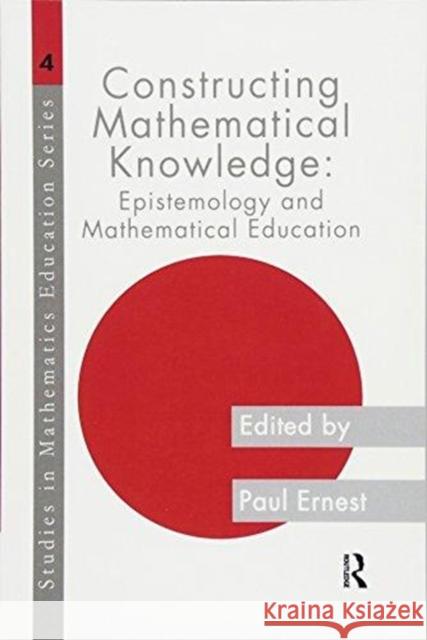Constructing Mathematical Know » książka
topmenu
Constructing Mathematical Know
ISBN-13: 9781138991668 / Angielski / Miękka / 2016 / 304 str.
Constructing Mathematical Know
ISBN-13: 9781138991668 / Angielski / Miękka / 2016 / 304 str.
cena 222,99 zł
(netto: 212,37 VAT: 5%)
Najniższa cena z 30 dni: 216,55 zł
(netto: 212,37 VAT: 5%)
Najniższa cena z 30 dni: 216,55 zł
Termin realizacji zamówienia:
ok. 16-18 dni roboczych
dostawa w 2025
ok. 16-18 dni roboczych
dostawa w 2025
Darmowa dostawa!
First published in 1994. Routledge is an imprint of Taylor & Francis, an informa company.











